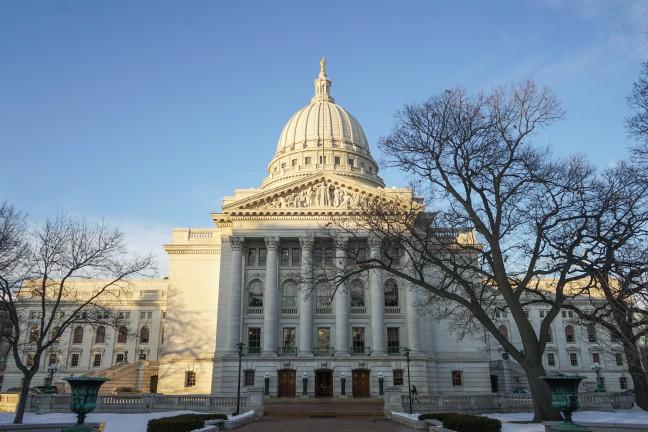As Wisconsin faces record-low unemployment rates and a large portion of the Baby Boomer generation retiring, experts are speculating possible causes and solutions to the state’s worker shortage.
A potential reason for the shortage is that workforce is transitioning to an economy that is increasingly dependent on machinery.
Wisconsin Economic Development Corporation COO Tricia Braun said companies are realizing they need to make technological advancements.
“In order to be competitive in this global economy, [companies] are going to have to make some advancements in technology,” Braun said.
University of Wisconsin Foundation president and CEO Michael Knetter recognizes the transition from one type of economy to another can be “difficult.”
But, with increasingly complex machines replacing labor traditionally done by workers without college degrees, the workforce will have to adapt to meet the needs of currently unfilled jobs, Braun said.
Wisconsin college graduates choosing to leave the state after graduation may also be contributing to the worker shortage.
Knetter called Wisconsin a “net exporter” of college graduates, meaning more students who graduate from college in Wisconsin leave the state than those who stay and take jobs.
“Historically, Wisconsin is a state that has had a disproportionately high share of jobs in manufacturing and agriculture relative to other states and those tend to be sectors that don’t require as many college graduates,” Knetter said.
But Knetter said a worker shortage might be a sign of a strong economy, both in Wisconsin and nationwide.
“A worker shortage sounds bad, but lets face it, the flip side of that would be high rates of unemployment,” Knetter said. “At the moment, many of the Midwestern states have very low rates of unemployment and that’s because, nationally, we’re in the very late stages of economic expansion.”
The Wisconsin Economic Development Corporation has several initiatives in place to attract more workers to Wisconsin.
In 2016, the corporation published the Wisconsin Perception Research report. The study was conducted using members of the Millennial generation, Generation X and Baby Boomers from Wisconsin, surrounding Midwest states and the rest of the nation.
Braun said the study was successful in showcasing Wisconsin in a different way and highlighted areas where improvement is needed and where improvements have been made. The results from the research report indicate Wisconsin has a “good” business climate that would be inviting for businesses hoping to expand their operations.
The Taiwanese manufacturer Foxconn choosing southeastern Wisconsin as the location for a new manufacturing campus is an event Braun believes will bring other talent to Wisconsin as well.
“A company and a project with the size and magnitude of Foxconn and their facility in southeastern Wisconsin will help bring attention to the types of higher opportunities that Wisconsin offers,” Braun said. “In addition to their recruitment and training plan, it will help to draw more workers into the state through its supply chain and insides operations that will come with it.”
WEDC has funded programs for Wisconsin’s youth to help them develop skills that will make them competitive in the workforce, including more than $500,000 in grants to build fabrication laboratories in 21 school districts across Wisconsin.
This programming will help develop the workforce and pull Wisconsin ahead of other states who are facing similar workforce challenges, Braun said.
“All of the midwestern states are collectively dealing with a talent shortage issue, having to complete for it. In terms of what we are doing to make sure that Wisconsin is on that, we are leading that charge,” Braun said.


